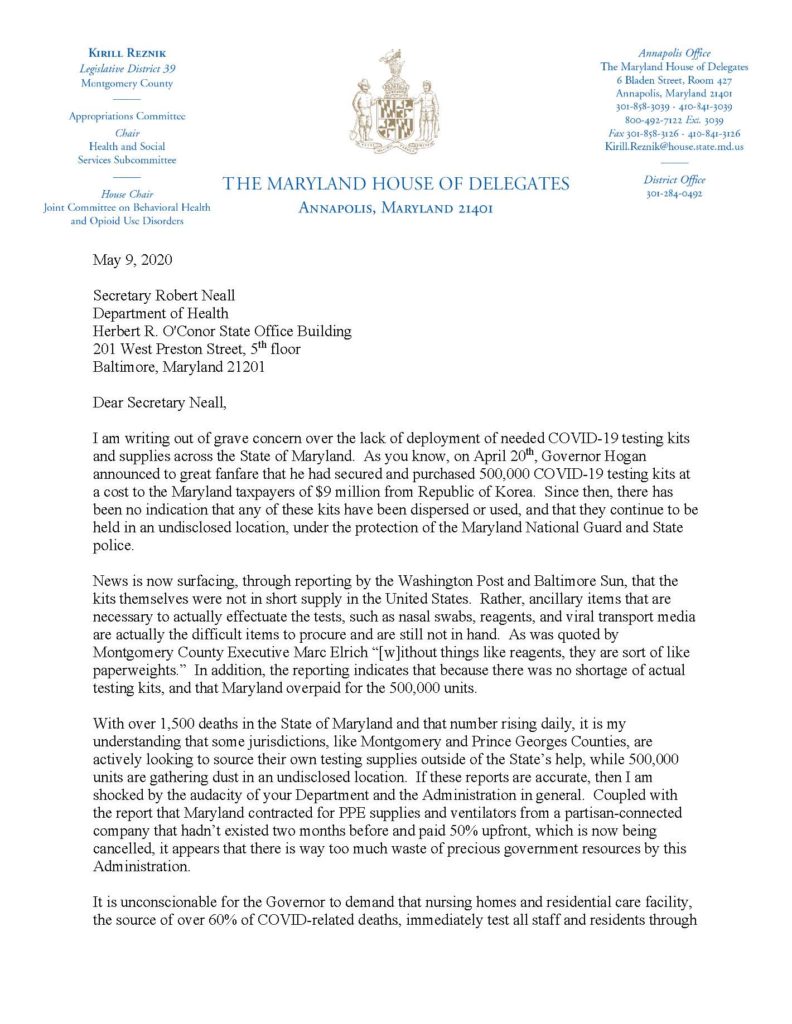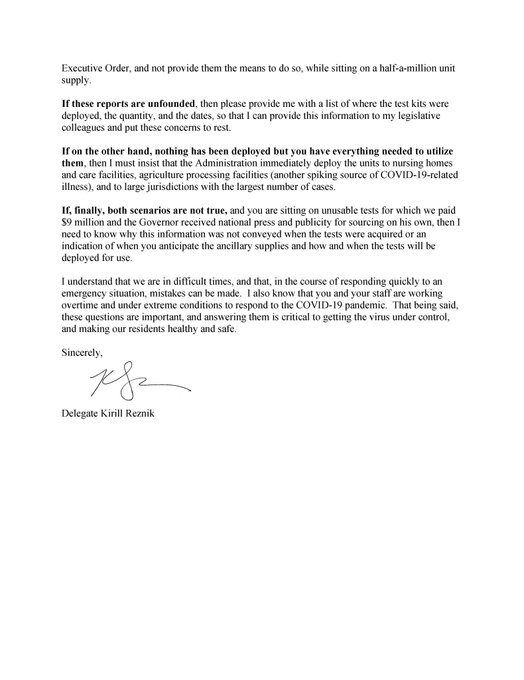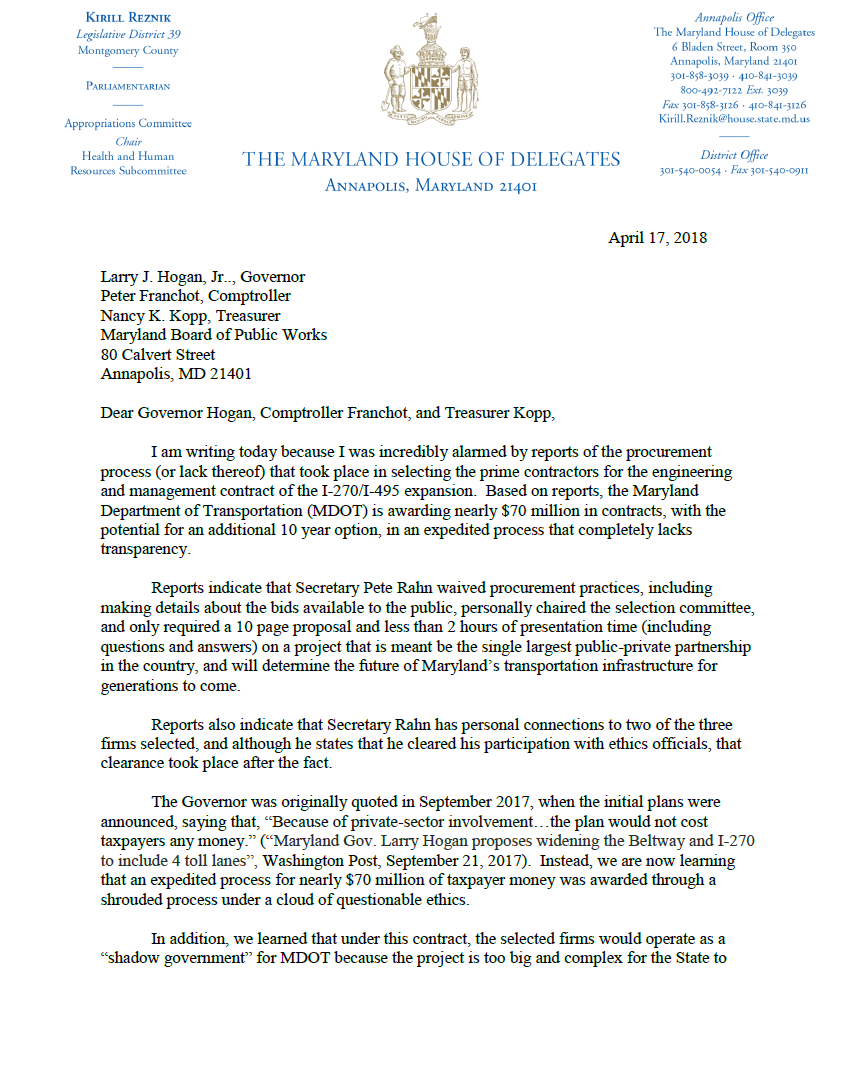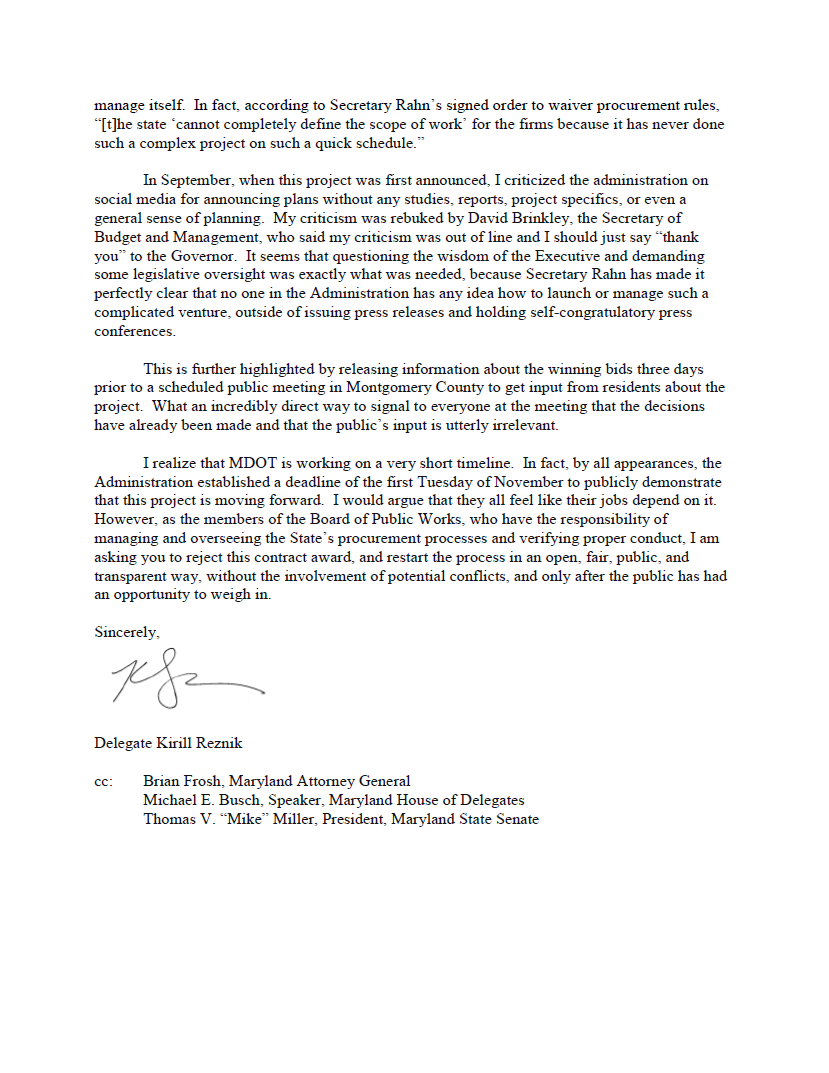Politicians often have trouble finding major issues that they can use successfully in campaigns. The Montgomery County Liquor Monopoly provides a rare opportunity for politicians who wish to advance or outsiders who want to crash the incumbent party.
Why It is a Good Campaign Issue
Good campaign issues have several key attributes. First, they have to divide you from your opponent. Voters cannot differentiate between candidates when they agree. Put another way, “I’m even more pro-choice” is usually not going to unseat an incumbent. Montgomery County’s liquor monopoly is an easy issue for candidates to differentiate themselves.
Second, the subject has to be easy to communicate. If an issue requires jargon, like Maintenance of Effort, to explain it, it is not going to work. Clear and concise are critical. Opposition to the monopoly is the rare issue that works well on a postcard.
Finally, voters have to care about the issue and favor the candidate’s position. Unlike with many issues, many voters have direct experience of the monopoly and have formed opinions about it. Put simply, they don’t like it and would like to see it go away. Recently, a poll confirmed the well-known widely shared antipathy for it.
Opportunity in Opposing the DLC Monopoly
The existing Department of Liquor Control monopoly over the distribution of all alcohol and the sale of hard liquor provides a fat, juicy target. Through personal experience, many County voters know that the DLC assures higher prices in unattractive stores.
Comptroller Peter Franchot has already raised the issue’s profile.
The natural coalition favoring reform is powerful. Consumers receive no benefit from the monopoly, as it raises prices and forces them to travel farther to find greater selections at lower prices. They just don’t get why the County needs to be in this business. In short, they’ll only benefit if perestroika arrives in MoCo.
Business also hates the monopoly because it makes it much harder for the critical restaurant sector to thrive. More broadly, it is a barrier to expanding business around the County’s nightlife. Getting rid of the monopoly is a leading priority for the Chamber of Commerce. Fighting the monopoly looks like an excellent way to open doors to an untapped source of campaign donations.
Moreover, the defenders of the monopoly make excellent foils. Its main supporter is MCGEO–the union that represents the current DLC stores. While they claim to protect union jobs, the industry is highly unionized, so their real fear is that the workers would be represented by other unions.
Moreover, MCGEO acts like a union out of Republican central casting, attempting to bully its opponents into submission. Union President Gino Renne is not just a character but a caricature of the well-paid union boss. MCGEO slings mud in a way that attracts bad publicity rather than support.
Moreover, MCGEO is incredibly ineffective. It tried to take down numerous incumbents in the last election and failed all around. Unlike the Teachers (MCEA), MCEGO just doesn’t carry much weight with voters or show an ability to accomplish much on behalf of its candidates. Councilmember Roger Berliner wiped the floor against MCGEO’s well-funded candidate in 2014.
Conclusion and Petition
This is a rare bipartisan opportunity. Opposition to the monopoly is shared among Democrats and Republicans. It’s great issue for either primary or general challengers to wield against local or state incumbents who don’t join those who have gotten out in front on this issue.
Six members of the General Assembly–Del. Kathleen Dumais, Sen. Brian Feldman, Del. Bill Frick, Sen. Nancy King, Del. Aruna Miller, and Del. Kirill Reznik–are sponsoring a bill so that Montgomery voters can decide the issue in a referendum.
You can sign the petition, launched yesterday, to support their efforts.













